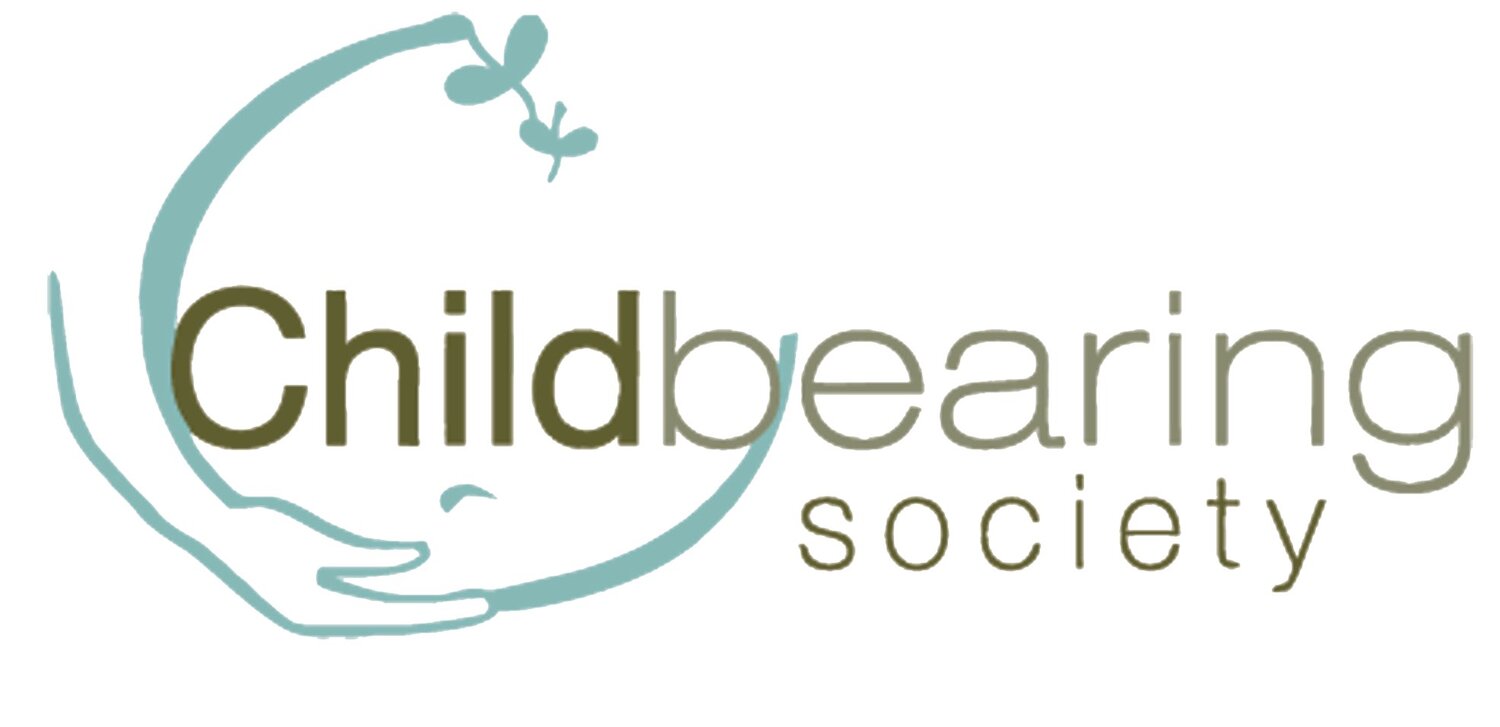Ask Childbearing: Birth 60 Years Ago vs Today
Q. My grandmother tells me that when she gave birth to my mother sixty years ago, she wasn’t allowed to feed the baby anything until after 24 hours. Whereas when my baby was born, my midwife wanted me to try breastfeeding him right away. Why is this? What has changed?
A. Good question! What has changed is our perception of newborns and their needs.
It did indeed used to be common practice in some places for babies to be “NPO” (non per os, or nothing by mouth) for the first 24 hours. These were the days when most babies were kept separate from their mother in a nursery, fed on a strict schedule that had nothing to do with their hunger, and most often fed formula (which was deemed to be more “scientific”).
Many babies were under the influence of strong medications and anaesthetics that the mothers had been given during labour. The babies were often disoriented from the medications, disorganized from the separation from their mothers, and stressed by the protocols that were common at that time, such as bathing, suctioning, and other procedures ranging from unpleasant to invasive. As a result, babies were often defended and distracted. Their primary drive for skin contact and their instinct to bond were dulled by the medications, and derailed by the delays and discomforts of standard care.
At that time (indeed until fairly recently), it was common practice to clamp and cut the umbilical cord as soon as baby was born, thereby depriving baby of a large percentage of their blood volume. This also contributed to the general impression that newborns were drowsy and minimally responsive, with weak muscle tone and poorly coordinated reflexes.
In the past, we also had less appreciation for the value of colostrum. For a long time colostrum was believed to be just drips or crumbs that preceded the arrival of real milk. It was not recognized for the salubrious ambrosia that we now know it is. Colostrum comes in very small quantities, so babies are born with an extra layer of fat that is specially intended to carry them through until the mother’s more plentiful, more filling milk comes in. But at the time, people saw little benefit to feeding baby on such meagre drops, and since the quantity of colostrum is so sparse, reasoned that it meant babies did not require nutrition or calories right away.
Also consider that within the first day of life, all babies go through a significant physiological transformation as their digestive and excretory systems are finally put to use. As they transition from an umbilical to an esophageal intake of nourishment, their intestines encounter foreign substances for the first time. If newborns receive mother’s colustrum, it coats the baby’s gut with beneficial bacteria that facilitates digestion and fosters the development of their immature immune system. Some babies don’t digest alternatives to mother’s milk very well during these first couple days, as their systems are still highly immature and vulnerable. They might fuss, vomit, or react poorly if given a milk substitute too soon.
With all these influences contributing towards neonatal indigestion, drowsiness, and uncoordinated reflexes, it comes as little surprise that babies may have exhibited fewer feeding cues within their first day of life, and when fed formula, did not always tolerate their measured feedings well. Thus, it became quite common in some hospitals to wait until later, after the babies had been given a day to mature. Now we understand that un-medicated babies that have not suffered any separation from their mothers or unnecessary interventions, are usually alert, ready and eager to try nursing within the first hour of being born. All they need is unfettered access to mother’s chest, and they usually know just how to do the rest.
Sixty years ago, we didn’t know that the constant suckling newborns do to extract the sparse yet thick colostrum also serves to activate the mother’s prolactin receptors, which helps bring forth her milk. The constant suckling likewise stimulates the production of oxytocin, which fosters milk flow and bonding behaviours. The colostrum helps clear the intestines of meconium, so the baby’s digestive system can complete its transition from foetal to neonatal. Who knew that the first twenty-four hours of suckling were so important?
Sixty years ago, no one would have believed that brand new babies were capable of the self-directed efforts they make to find the breast and, their amazing ability to start feeding, their mobility, awareness, and the sense of purpose they possess. Who knew that newborns were so ‘human’! It is interesting though, that while newborns were once deprived of all food for their first full day, we now weigh them several times with focused concern, during that same period. While we have learned to appreciate a newborn’s immediate capability and motivation to nurse, we now impose an opposite restriction when we routinely intervene with supplements if baby loses “too much” weight within those same first twenty-four hours. Funny how the times change.
